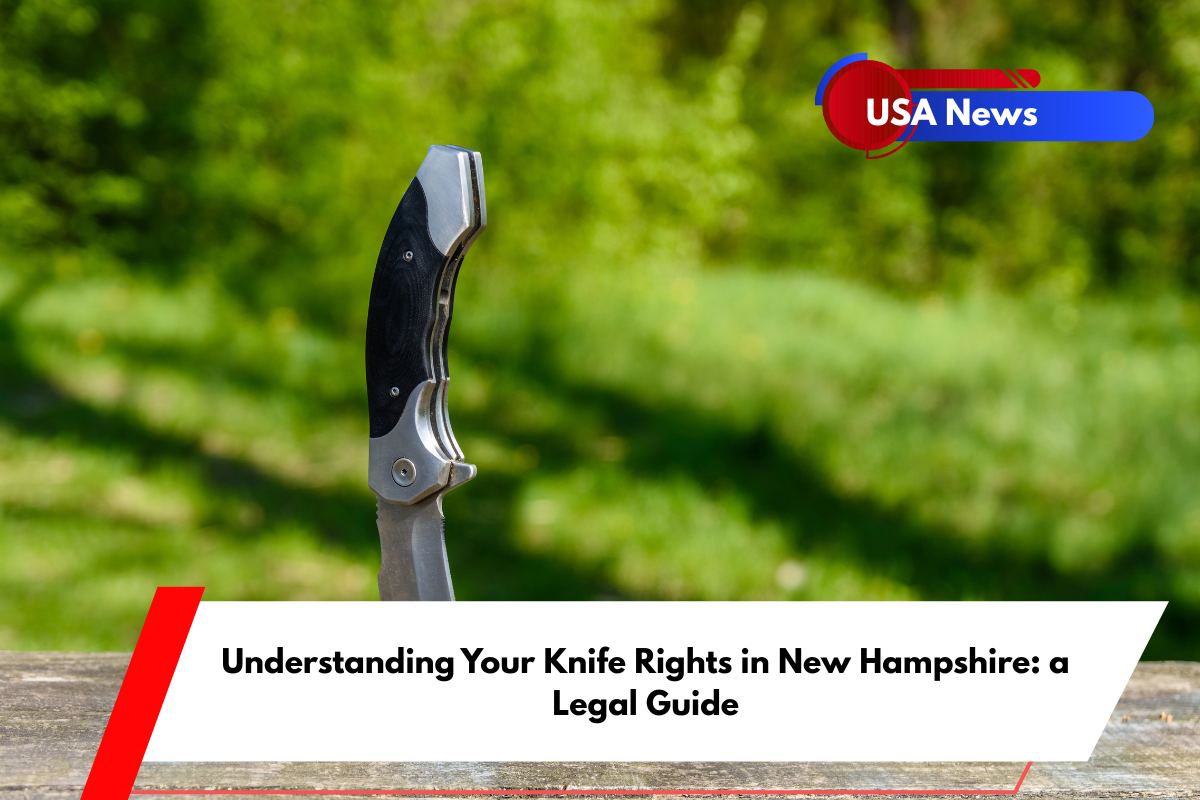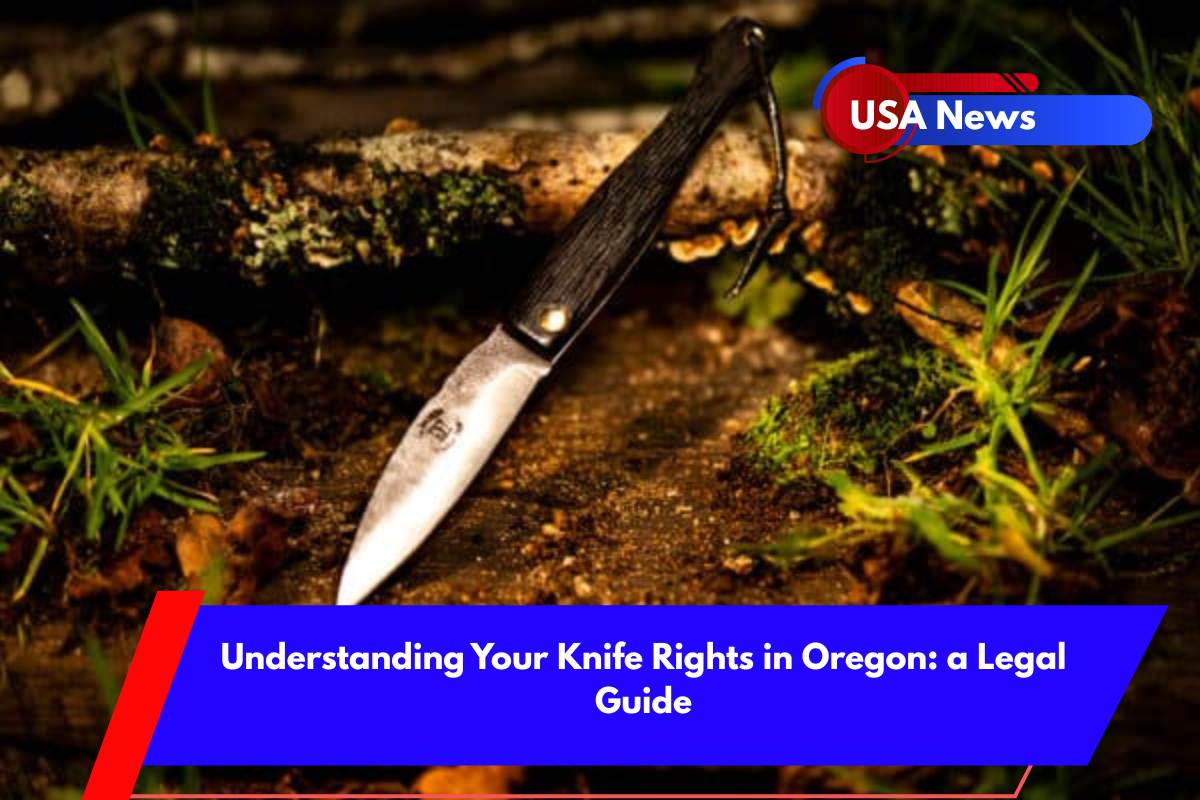New Hampshire stands out as one of the most permissive states in the nation for knife ownership and carry, reflecting its “Live Free or Die” ethos. This article breaks down the legal landscape for knives in the Granite State, highlighting key laws, recent changes, and practical considerations.
Legal Background
Prior to 2010, New Hampshire law restricted the ownership and carry of certain knives, including switchblades, dirks, daggers, and stilettos. However, with the passage of HB 1665 that year, all such restrictions were repealed, making New Hampshire the first state in the nation to eliminate all knife bans for law-abiding citizens.
This landmark legislation allowed residents to buy, sell, own, carry, transport, collect, or lawfully use any type of knife without state-imposed limits.
Current Knife Laws
Ownership and Carry
No Restricted Knives: Law-abiding citizens face no restrictions on the types of knives they may own or carry. This includes automatic knives, dirks, daggers, stilettos, and other traditionally regulated blades.
Open and Concealed Carry: Both open and concealed carry are permitted without restriction for individuals who have not been convicted of a felony.
Felons: Individuals convicted of a felony against a person or property, or a felony drug offense, are prohibited from owning or possessing any knife.
Minors: There are no state laws restricting the sale or transfer of knives to minors, though other items like paintball guns and BB guns are regulated.
Statewide Preemption
Local Restrictions Prohibited: New Hampshire law preempts local municipalities from enacting their own knife restrictions, ensuring uniform regulations statewide.
Federal Law Enforcement: In 2021, Governor Chris Sununu signed HB 1178, which prohibits the state from enforcing any federal statute, regulation, or executive order that restricts or regulates the right to keep and bear arms—expressly including knives. This is the first law of its kind in the nation.
Prohibited Locations and Considerations
Courthouses: Carrying knives (and other deadly weapons) into courthouses is prohibited.
Official Custody: Knives are considered contraband for individuals in jail or under arrest.
Sensitive Areas: While not always explicitly stated in law, it is wise to avoid carrying knives in schools, government buildings, and private properties where weapons are prohibited.
Intent: Carrying a knife with the intent to use it unlawfully against another person is a crime.
Key Statutes
| Statute | Description |
|---|---|
| RSA 159:3 | Prohibits convicted felons from possessing knives and other deadly weapons |
| RSA 159:19 | Addresses courthouse security and weapon restrictions |
| RSA 625:11 | Defines deadly weapons and implements for escape |
| RSA 159:26 | Affirms state authority regarding firearms, ammunition, and knives |
| RSA 642:7 | Implements for escape and other contraband |
Practical Advice
Travel: Be cautious when traveling to neighboring states, especially Massachusetts, which has much stricter knife laws.
Law Enforcement: Officers and military personnel are generally exempt from restrictions when carrying knives as part of their official duties.
Intent Matters: Always use knives lawfully and avoid carrying them in sensitive or prohibited areas.
Sources:
1. https://handgunlaw.us/documents/USKnife2.pdf
2. https://www.akti.org/state-knife-laws/new-hampshire/
3. https://homesteadauthority.com/new-hampshire-knife-laws/
4. https://knifeup.com/new-hampshire-knife-laws/













